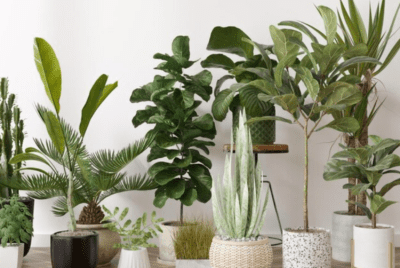RESEARCH
Children–Plant Interaction Using Therapeutic Horticulture Intervention in a Romanian School
Summary
This study explored how getting kids involved with indoor plants affects their well-being in a Romanian school. Twenty children participated in a therapeutic horticulture activity where they each planted a spider plant and were responsible for its care for a year. Afterward, the children completed a questionnaire to assess how the experience influenced their physiological, safety, social, self-esteem, and self-actualization needs, based on Maslow’s hierarchy. The results showed that most children enjoyed working with the plants, felt a connection to nature, and experienced positive social interactions and feelings of pride. The research suggests that incorporating indoor plants and gardening activities in schools can boost children’s mental and physical development, offering sustainable educational solutions.
The study indicates that therapeutic horticulture activities, such as planting indoor plants, have a positive impact on children’s well-being. The experience fosters a connection with nature and enhances social and emotional development.







